Understanding the Role of a Mold Maker for Injection Molding
The field of injection molding is vital to manufacturing, with mold makers serving as the backbone of this industry. A skilled mold maker for injection molding is responsible for creating the tools needed to produce various plastic parts. Their work ensures that these molds can withstand high pressures and produce accurate, consistent products. This article explores the essential functions, skills, and challenges encountered by mold makers within the injection molding landscape.
Definition and Importance of Mold Makers
A mold maker is a specialized craftsman who designs, fabricates, and maintains molds used in the injection molding process. This role is crucial because the mold’s quality directly influences the final product’s precision and durability. Mold makers create molds from materials like steel or aluminum, and their work not only helps determine the quality of the molded parts but also affects production efficiency and cost. Without proficient mold makers, the manufacturing process could face significant delays, increased costs, and compromised product quality.
Core Skills and Qualifications
To excel in the role of a mold maker, individuals typically need a blend of technical skills and experience in engineering principles. Key qualifications include:
- Technical proficiency: Knowledge of CNC machining, EDM, and other advanced manufacturing techniques.
- Problem-solving skills: Ability to troubleshoot issues that arise during the mold-making process or production phase.
- Attention to detail: Precision is paramount in making molds that fit exact specifications.
- Mathematical and engineering aptitude: Understanding complex geometries and measurements is essential.
Many mold makers have formal education in tool and die making or a related field, but extensive on-the-job training is also common.
Common Challenges Faced by Mold Makers
Mold makers encounter various challenges that can complicate their work, such as:
- Material selection: Choosing the right materials for molds is critical and can impact lifespan and performance. Inadequate material can lead to quick wear and tear.
- Complex designs: As product designs become more intricate, molds must accommodate these changes, often requiring complex and innovative solutions.
- Cost management: Balancing quality with cost-effectiveness is always a pressing concern, especially with fluctuating material prices.
- Keeping up with technology: The industry is constantly evolving, and mold makers must stay abreast of new tools, materials, and processes that can improve efficiency.
Techniques Used by Mold Makers in Injection Molding
CNC Machining Processes
CNC (computer numerical control) machining is essential in mold making, allowing for high precision and repeatability in creating mold components. CNC machines operate using programmed commands, which eliminates human error and improves efficiency. With CNC machining, mold makers can create complex shapes that meet exact specifications, which is especially important for high-production environments where thousands of identical parts are produced.
Electrical Discharge Machining (EDM)
Electrical discharge machining is another critical technique employed in mold making. This method uses electrical sparks to remove material from metallic workpieces, providing the ability to create intricate designs that can be difficult or impossible to achieve with traditional methods. Mold makers utilize EDM for areas that require precise detail, enabling features such as undercuts and fine tolerances.
3D Printing in Mold Making
In recent years, 3D printing has emerged as a revolutionary technology for mold makers. This additive manufacturing process allows for rapid prototyping and the ability to create complex geometric shapes that traditional methods may struggle to achieve. Mold makers can produce initial mold prototypes quickly, allowing for testing and adjustments before committing to the final mold. Additionally, 3D printing reduces material waste and can be more cost-effective, particularly for small production runs.
Choosing the Right Mold Maker for Your Needs
Evaluating Experience and Specialization
Selecting the right mold maker is crucial for the success of any injection molding project. Companies should consider the mold maker’s experience in the specific type of mold relevant to their production needs. For instance, a company focused on high-volume production may require a mold maker with experience in large-scale production molds, while a firm developing new product designs may benefit from a mold maker adept in prototypes and iterative design adjustments.
Proficiency in Material Selection
The materials chosen for mold making can impact the quality and cost of the final product. An experienced mold maker will understand the properties of different materials and how they respond under various conditions. This knowledge is pivotal in ensuring that the molds made will endure the rigors of production while maintaining product integrity. The right mold can mean the difference between success and failure in manufacturing.
Assessing Customer Testimonials and Case Studies
Before selecting a mold maker, companies should seek out testimonials and case studies from previous clients. This analysis provides insights into the mold maker’s performance, quality of work, and ability to meet deadlines or resolve unforeseen issues.
Key Trends in Injection Molding and Mold Making
Sustainability Practices and Eco-Friendly Materials
As environmental concerns continue to rise, the injection molding industry is shifting towards more sustainable practices. Eco-friendly materials, such as recycled plastics or bioplastics, are gaining traction. Mold makers are increasingly challenged to adapt their processes to accommodate these alternative materials while still maintaining product quality and efficiency. Moreover, sustainable manufacturing practices are becoming a competitive advantage in attracting environmentally-conscious consumers.
Advancements in Mold Technology
Technology in the mold-making industry is continually advancing, with innovations such as advanced simulation software and smart manufacturing technologies becoming critical. These advancements allow for more efficient designs, better predictive maintenance, and enhanced projections of mold performance during the injection process. Mold makers must be agile and ready to incorporate these innovations to remain competitive.
Market Demand and Future Prospects
The market for injection molding remains strong, driven by increasing demand across various sectors such as automotive, consumer goods, and medical devices. As industries evolve, mold makers will need to be adaptable, continuously honing their skills and knowledge to meet market demands effectively. Future prospects appear bright for mold makers who can innovate and refine their processes, ensuring they remain indispensable in this dynamic landscape.
Maximizing Efficiency with Your Mold Maker
Establishing Clear Communication Channels
Effective communication between a company and its mold maker can significantly enhance efficiency. Both parties should define clear expectations, timelines, and performance metrics. Regular discussions can ensure that any challenges or misunderstandings are quickly addressed, fostering a collaborative partnership that promotes innovation and problem-solving.
Best Practices for Cost Management
Cost management is essential in injection molding projects. Companies should work with their mold makers to identify areas where efficiencies can be gained, such as optimizing designs to use less material or streamlining the production process. Forward-thinking mold makers may leverage technology and automation to reduce costs and improve turnaround times, ultimately benefiting their clients.
Implementation of Feedback Loops for Improvement
Establishing feedback loops is crucial for optimizing the mold-making process. Continuous evaluation and input from the production floor can lead to improvements not only in the molds but also in the production workflow. By fostering a culture of continuous improvement, companies can ensure that their mold makers are consistently meeting or exceeding expectations, paving the way for long-term success in the injection molding industry.
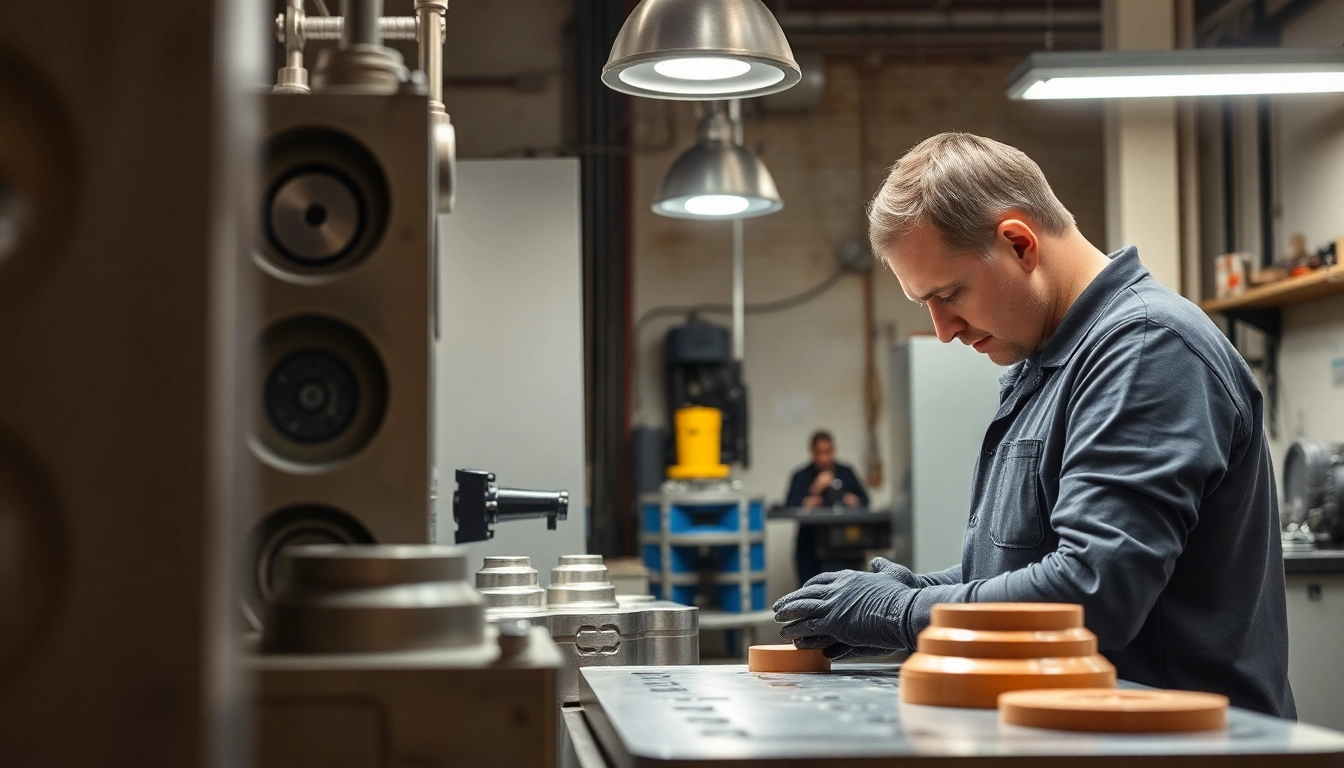

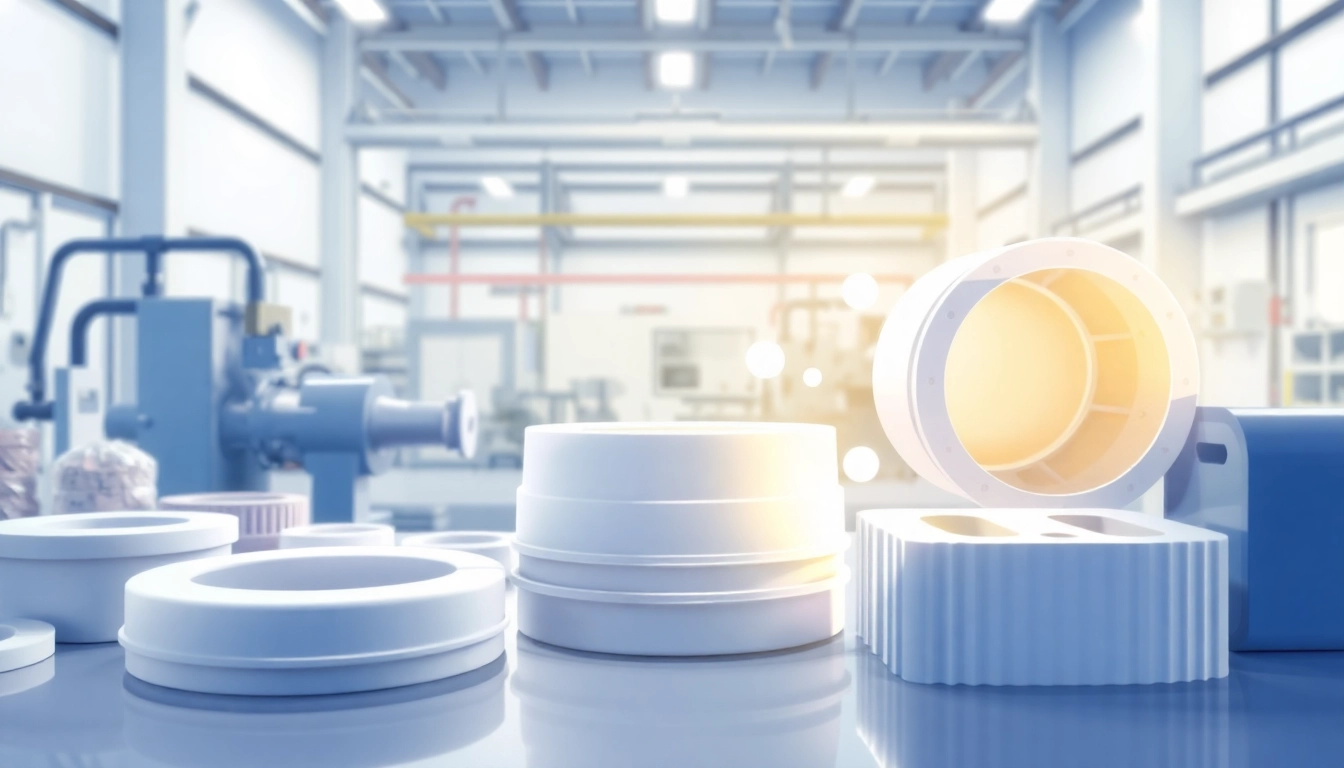
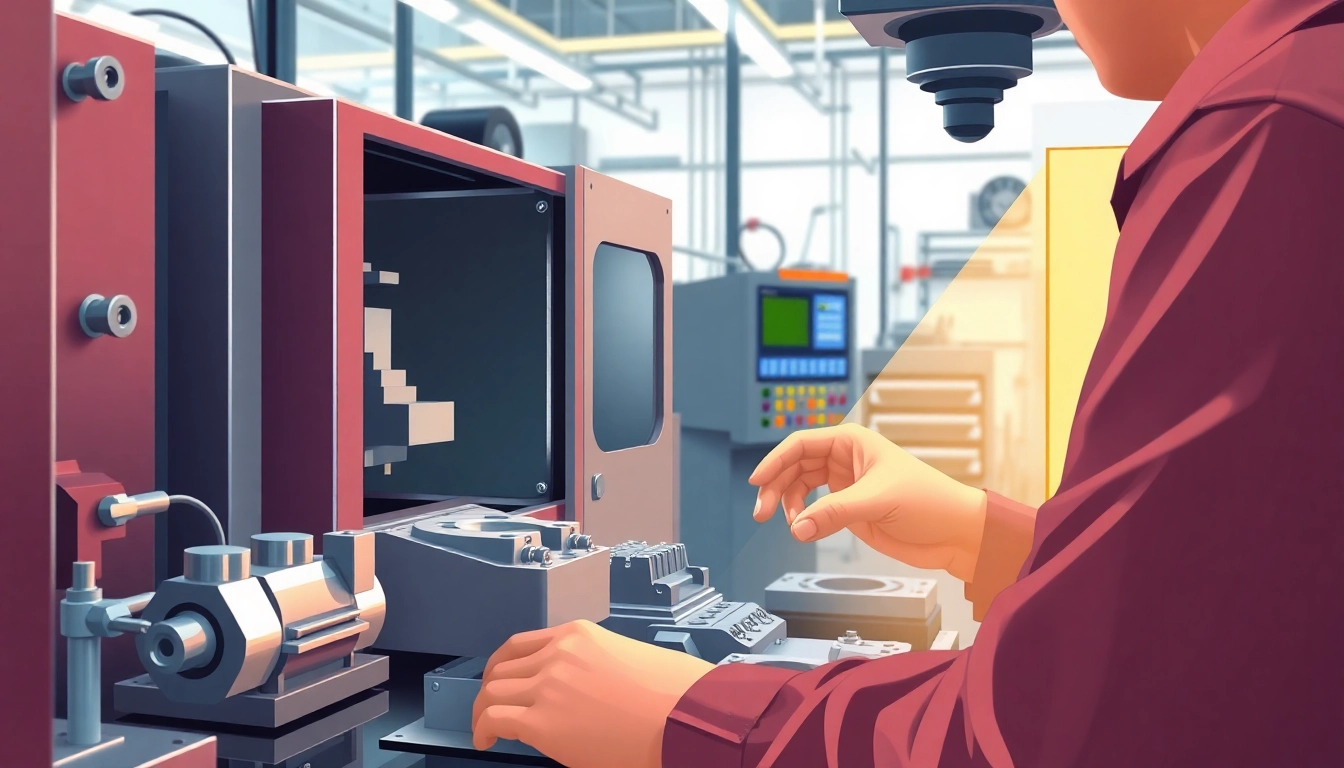
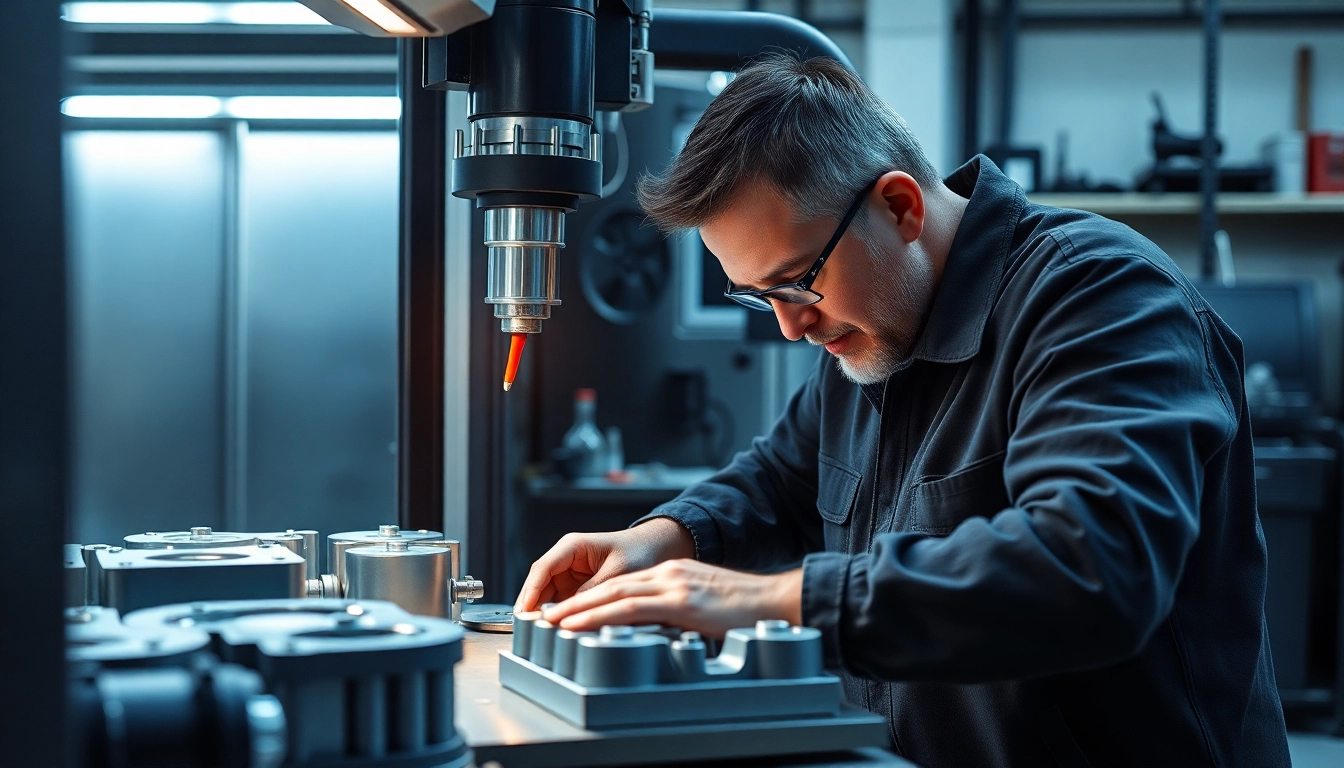
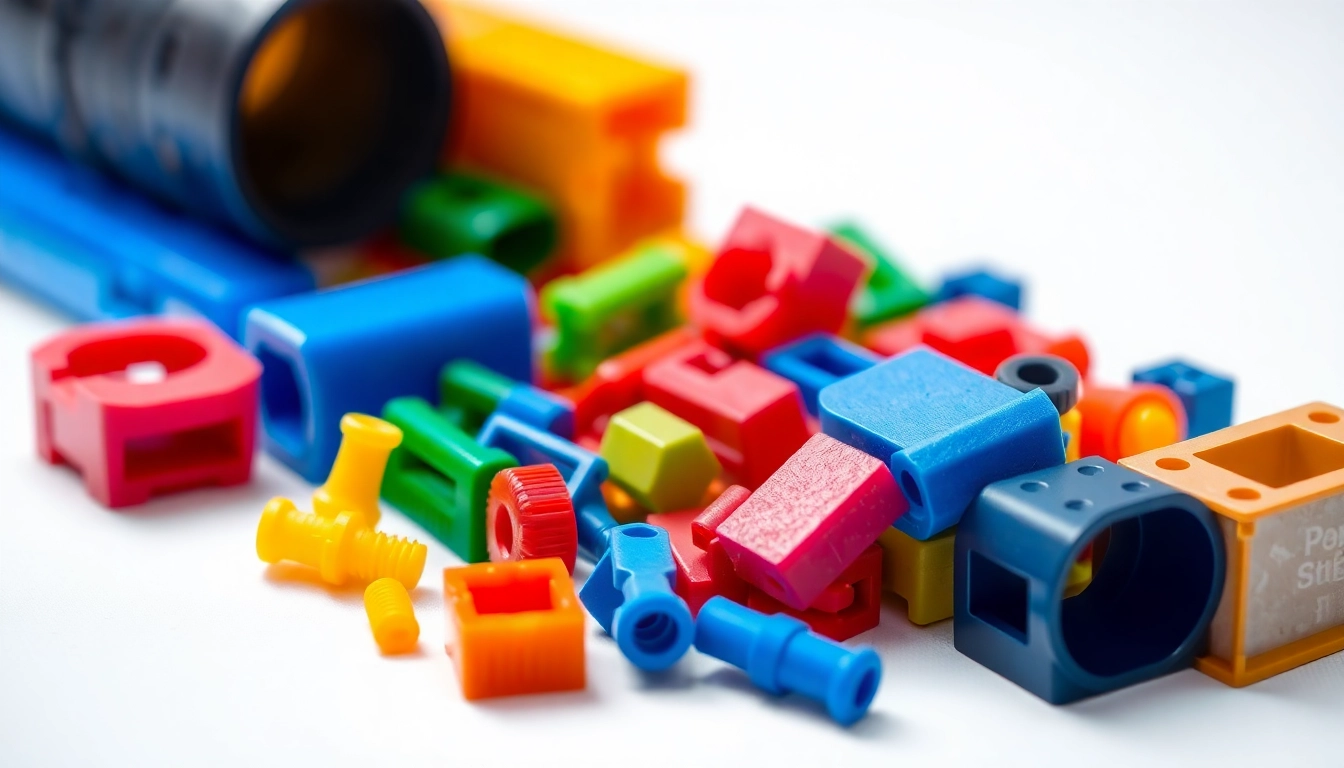
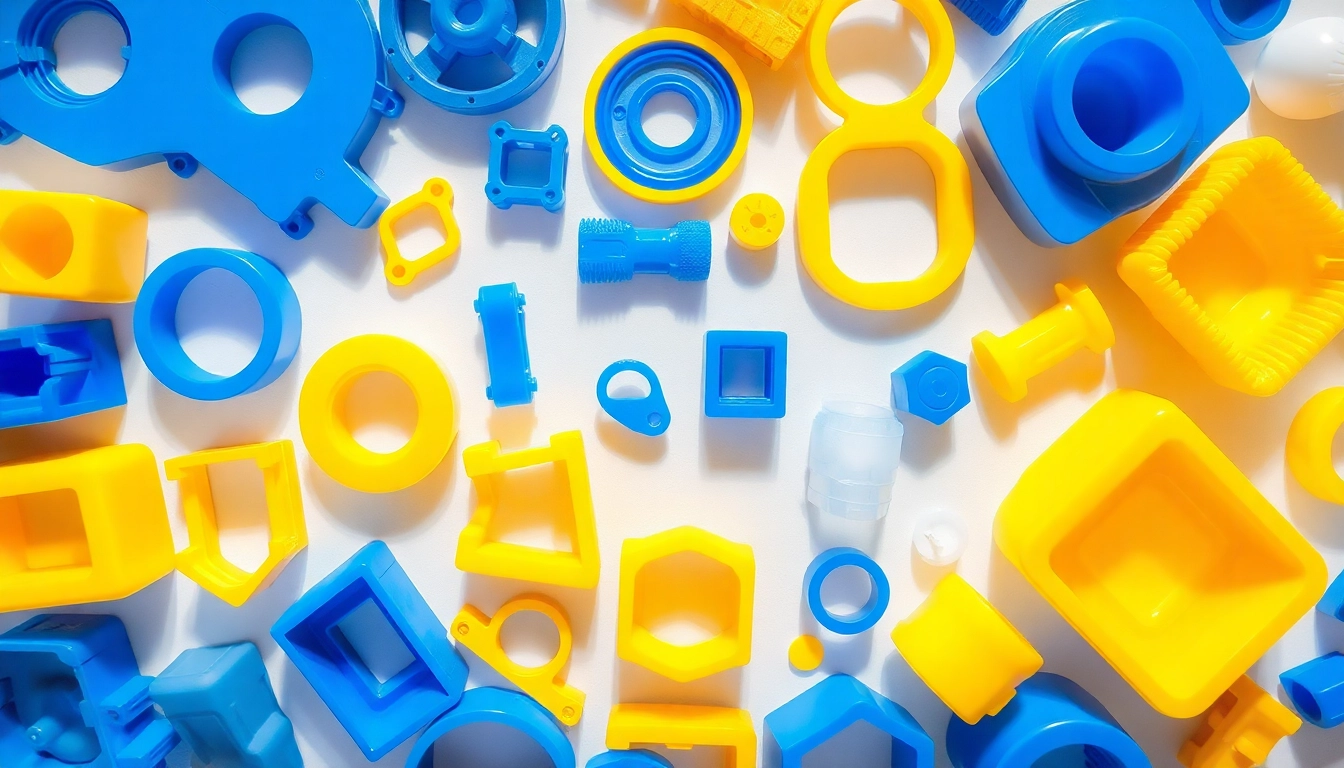
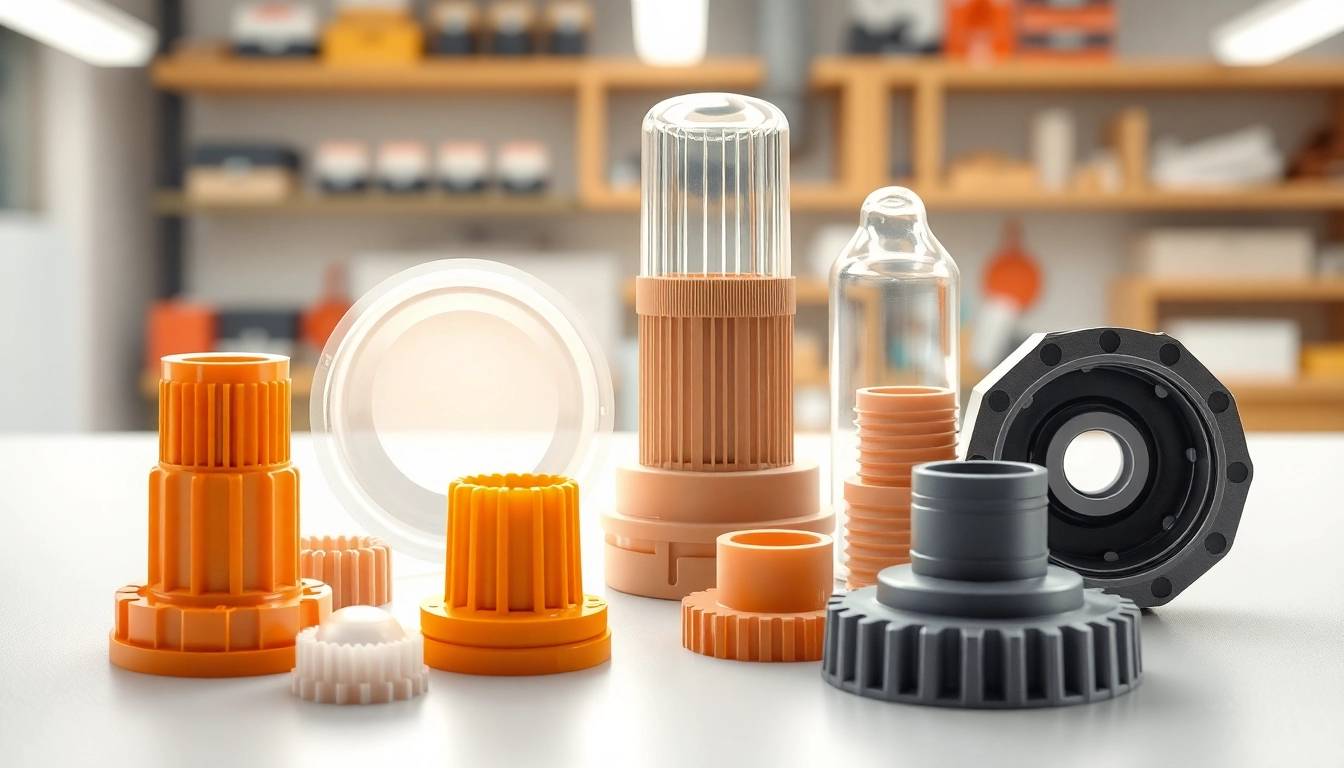
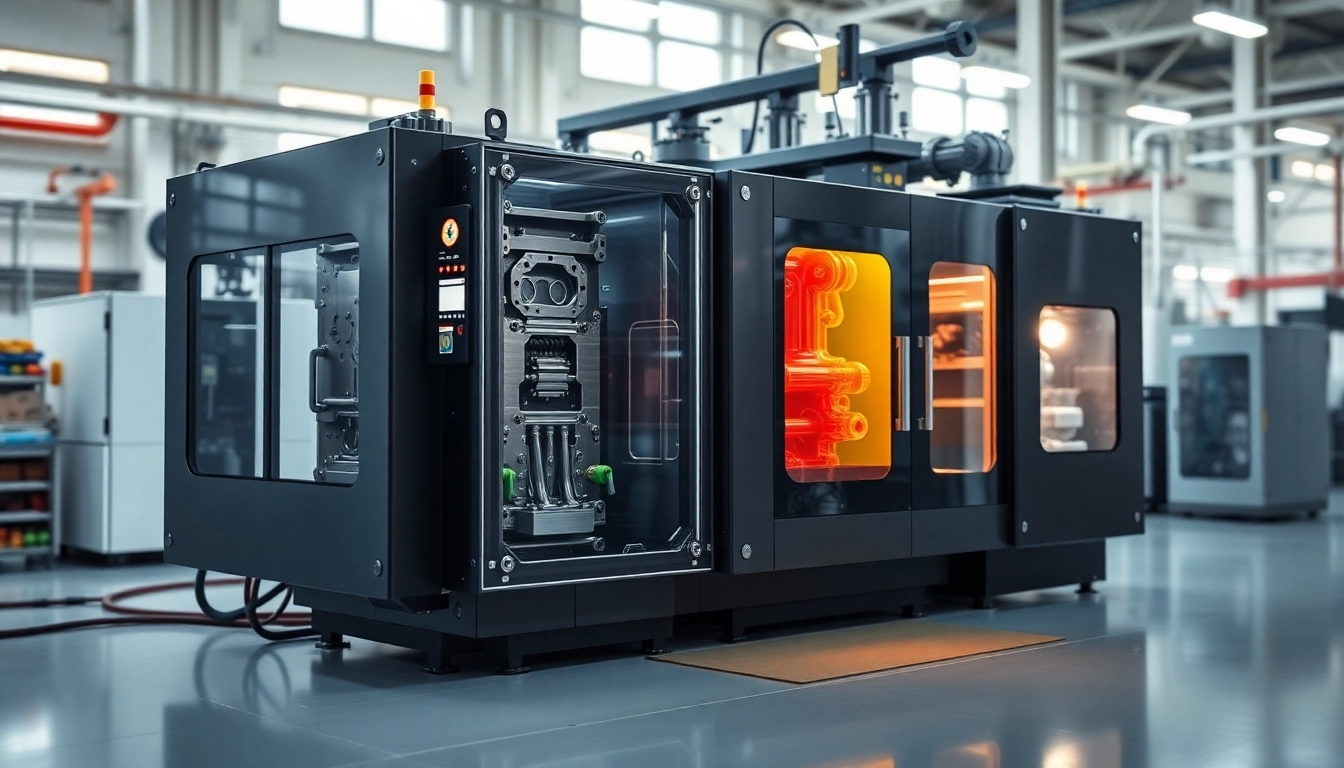
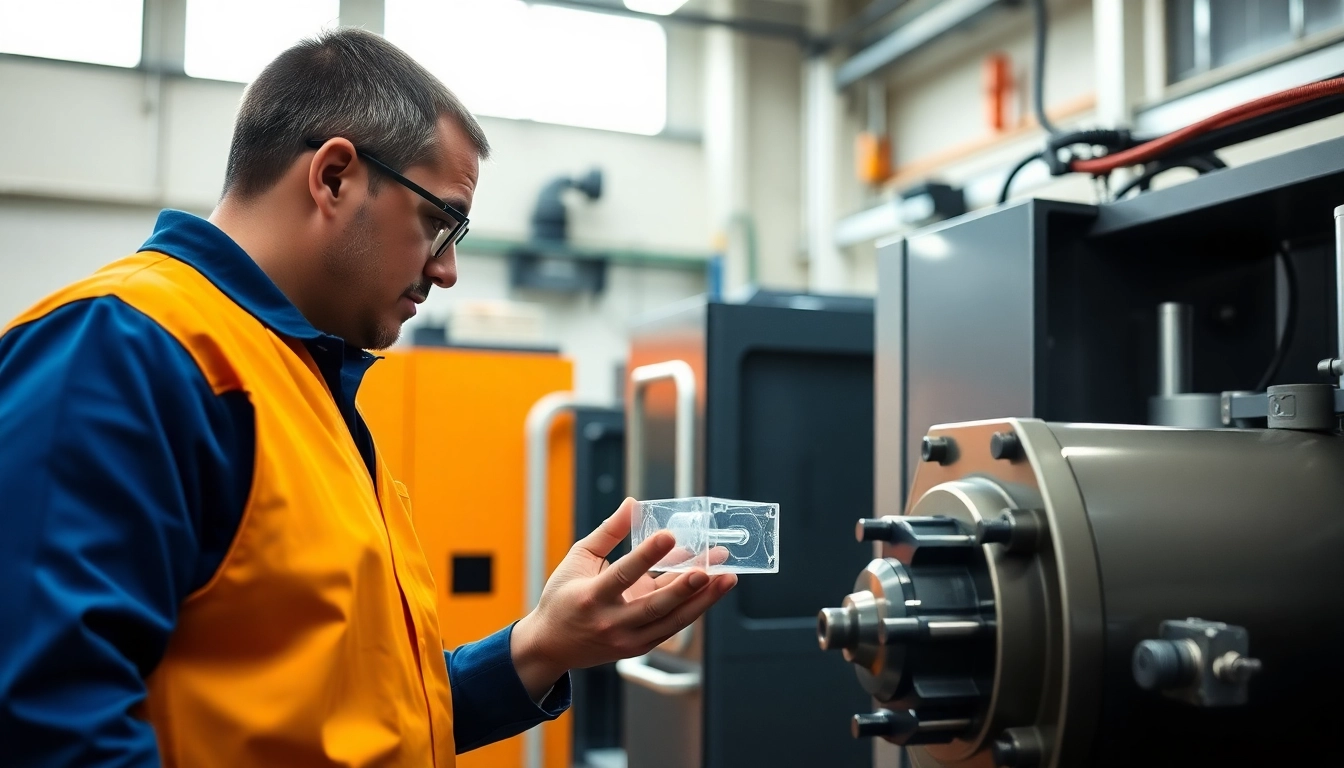
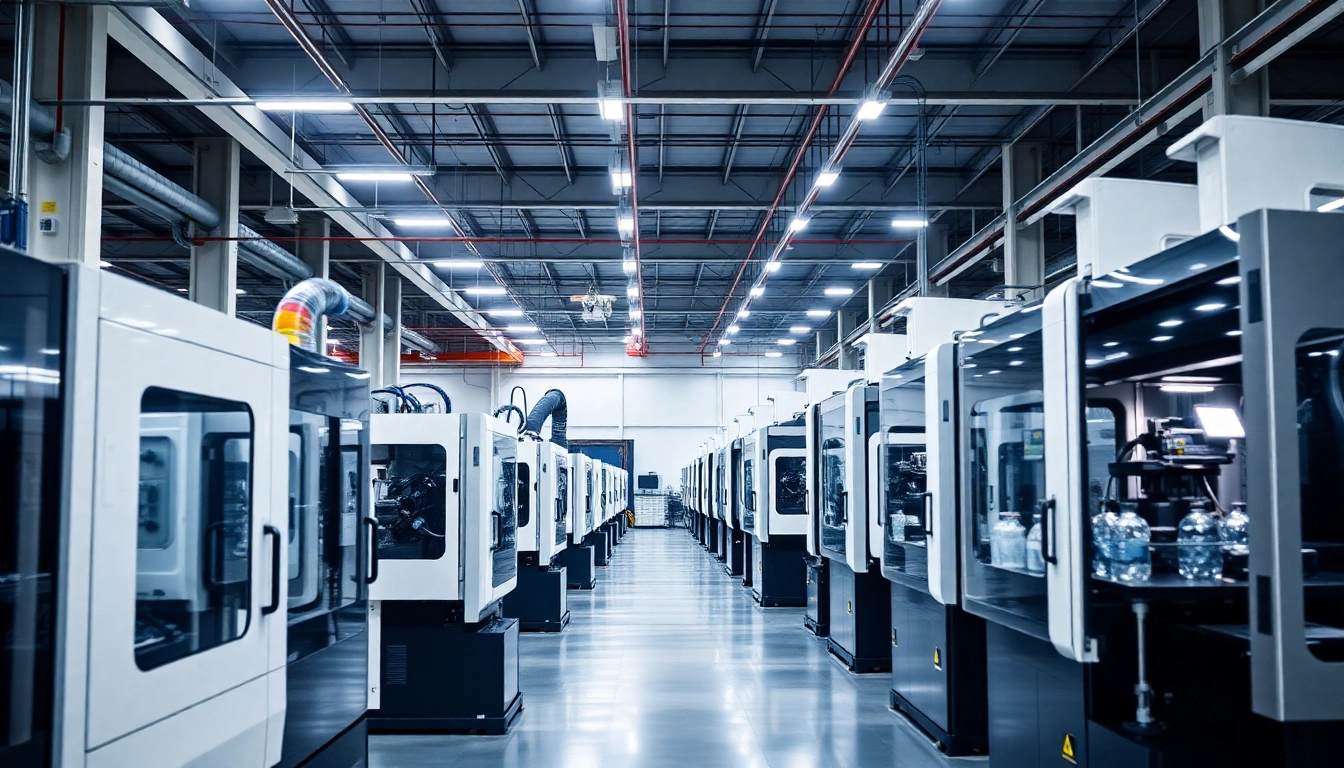




Leave a Reply